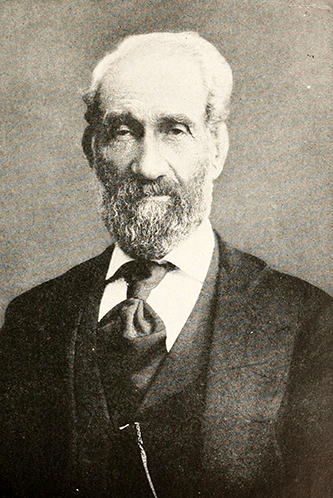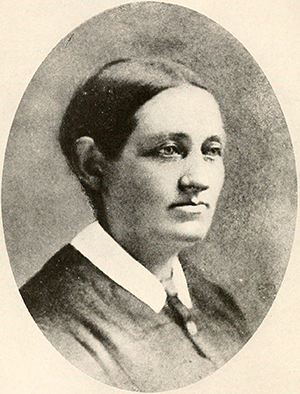History
Allison Francis (Frank) Page
(August 30th, 1824 – October 16th, 1899)
Catherine Frances Raboteau Page
(November 12th 1831 – August 21th 1897)
 A photograph of Catherine Frances Raboteau Page. Image from Archive.org.
A photograph of Catherine Frances Raboteau Page. Image from Archive.org.
 A photograph of Catherine Raboteau Page. Image from Archive.org.
A photograph of Catherine Raboteau Page. Image from Archive.org.
Allison Francis Page and his family became wealthy in logging the original pine forest of the Sandhills and transported the logs on his own railroads to sawmills. He was also a builder, establishing two railroad towns, Cary and Aberdeen, and contributed to schools, churches, and other institutions there and elsewhere. He was also a founder of the Commercial and Farmers’ Bank of Raleigh and a substantial donor to the Methodist Orphanage in Raleigh. His role in construction seems to have been as a contractor who organized several building projects including at least two that he owned.
The Page family moved to Aberdeen in about 1881, and there he spent the rest of his life. Aberdeen’s Page Memorial Methodist Church (1913, designed by James M. McMichael, Charlotte) and the Page Memorial Library (1907) were named for him and his wife Catherine.
At age twenty-five, Page married Catherine Frances Raboteau. The couple had a blend of her intellectual, refined nature with her husband's venturesome and determined characteristics afforded a unique home of great culture and refinement. Straightforward living, patterned after their interpretation of the Bible, was the order of their home. They applied vigorous moral rules—yet seasoned with a sense of humor, mutual love, and respect—in the upbringing of the family.
Catherine and Frank Page's eight children became internationally known as statesmen, educators, ministers, and businessmen.
Page died in Raleigh and was buried in the family plot in Bethesda Cemetery near Aberdeen.
 A photograph of Catherine Frances Raboteau Page. Image from Archive.org.
A photograph of Catherine Frances Raboteau Page. Image from Archive.org.
 A photograph of Catherine Raboteau Page. Image from Archive.org.
A photograph of Catherine Raboteau Page. Image from Archive.org.
